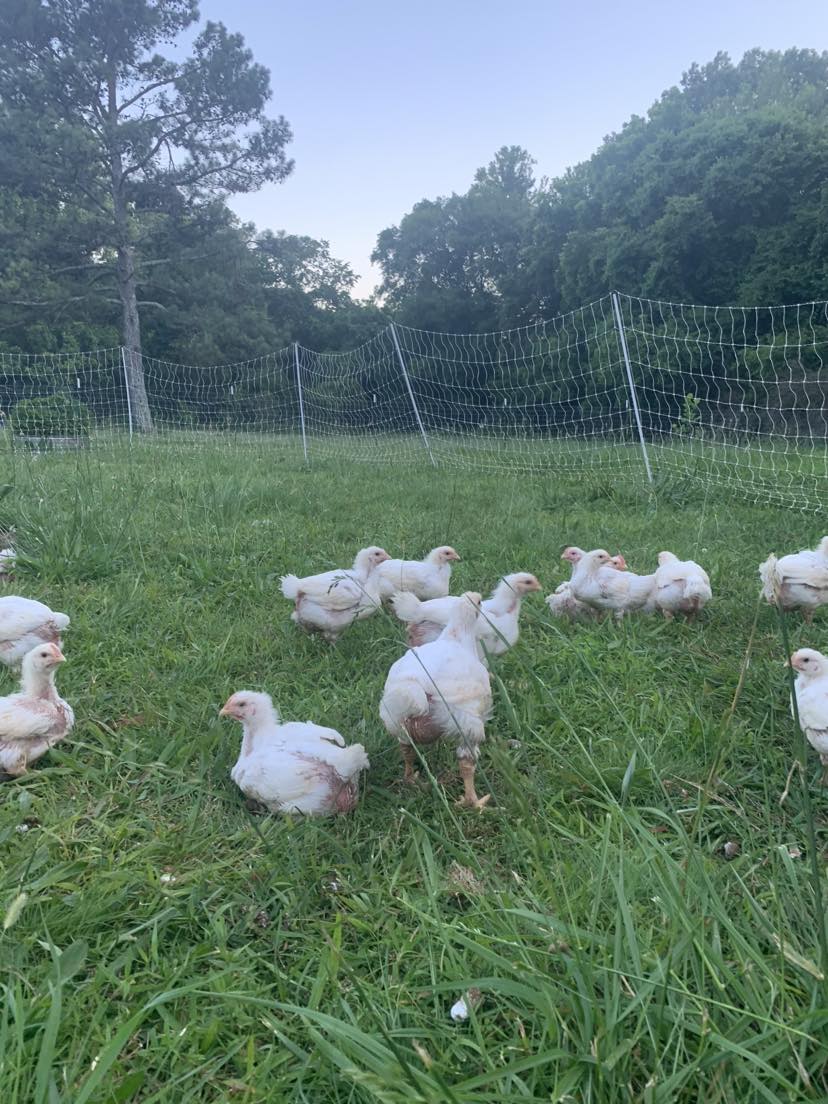At Grey and Bash Farms, our commitment to raising pastured poultry goes beyond providing high-quality, nutrient-rich meat for our community. It’s rooted in a deep belief in the power of sustainable farming practices to restore balance to our food system and the environment. To understand why we are so passionate about this, it’s important to examine the dangers of factory farming and the vital role that small, regenerative farms like ours play in creating a more sustainable future.
The Hidden Costs of Factory Farming
Factory farming, also known as industrial agriculture, has become the dominant method of food production in many parts of the world. It’s characterized by the mass production of livestock, often in confined spaces, with an emphasis on maximizing output and minimizing costs. While this approach has made food more abundant and affordable, it has come at a significant cost.
1. Environmental Degradation:
Factory farms generate enormous amounts of waste, leading to pollution of our water, air, and soil. The excessive use of synthetic fertilizers and pesticides in these systems contributes to soil depletion, water contamination, and the destruction of natural habitats. The result is a decline in biodiversity and the disruption of ecosystems that are vital to our planet’s health.
2. Animal Welfare Concerns:
The conditions in factory farms are often dire for the animals. Chickens, cows, and pigs are frequently kept in cramped, unsanitary conditions that cause immense stress and suffering. The overuse of antibiotics to keep animals healthy in such environments is also leading to the rise of antibiotic-resistant bacteria, posing a serious threat to public health.
3. Unsustainable Practices:
The industrial farming model relies heavily on fossil fuels, monocultures, and intensive resource extraction. These practices are not sustainable in the long term. As the climate crisis intensifies, the need to transition to more resilient, environmentally-friendly farming methods has never been more urgent.
Regenerative Agriculture: A Path Forward
At Grey and Bash Farms, we practice regenerative agriculture—a holistic approach to farming that seeks to restore and enhance the health of the land, animals, and communities. Unlike factory farming, regenerative agriculture is based on principles that work with nature, not against it.
1. Soil Health:
One of the cornerstones of regenerative agriculture is the restoration of soil health. By rotating our poultry on fresh pasture regularly, we allow the land to rest and regenerate. This method naturally fertilizes the soil with manure, increasing its organic matter and improving its ability to retain water. Healthy soil is not only more productive but also plays a crucial role in sequestering carbon, helping to mitigate climate change.
2. Animal Welfare:
Our chickens are raised on pasture, where they can express their natural behaviors—scratching, foraging, and dust bathing. This not only ensures a higher quality of life for the animals but also results in healthier, more flavorful meat. By avoiding the use of antibiotics and synthetic growth promoters, we contribute to a food system that prioritizes animal welfare and human health.
3. Biodiversity and Ecosystem Restoration:
Small, regenerative farms like ours contribute to the restoration of local ecosystems. By encouraging biodiversity on our farm—planting cover crops, maintaining hedgerows, and supporting pollinators—we create a balanced environment that can sustain both our farming operations and the wildlife around us.
4. Community and Food Security:
We believe that small farms are the backbone of resilient local food systems. By producing food locally and sustainably, we reduce our reliance on long supply chains and contribute to the food security of our community. When you buy from a local, regenerative farm, you’re not just purchasing food—you’re investing in a healthier, more sustainable future for everyone.
Why Choose Grey and Bash Farms?
At Grey and Bash Farms, we’re dedicated to being part of the solution. Our commitment to regenerative agriculture allows us to produce food in a way that honors the land, the animals, and the people who rely on it. We believe that by choosing to support small, sustainable farms, you’re taking a stand against the destructive practices of factory farming and helping to build a better, more resilient food system.
Join us in our mission to create a more sustainable future—one where food is produced with care, animals are treated with respect, and the land is nurtured for generations to come. —

